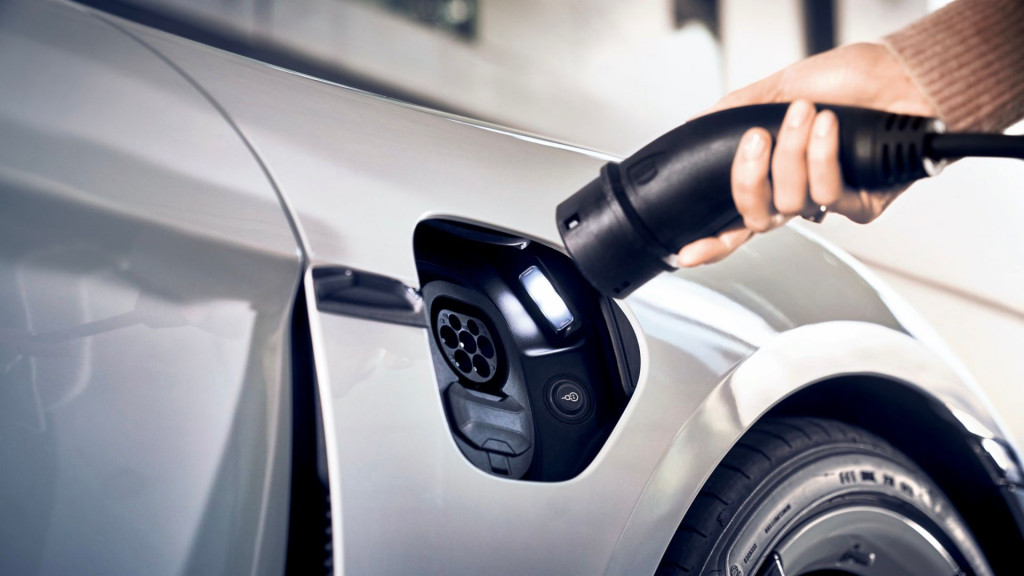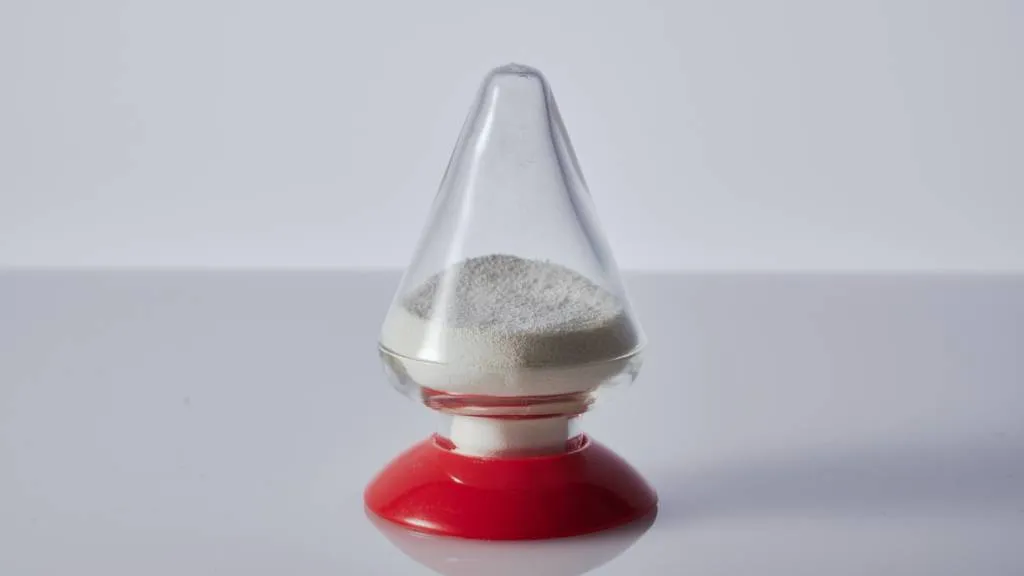Samsung SDI this week presented a battery-development roadmap with ambitious performance targets for charging, energy density, and battery life.
On the charging front, the company believes it can begin mass-producing battery cells capable of being charged from 8% to 80% in just nine minutes by 2026. This will be made possible by “optimizing lithium-ion transfer path” and lowering resistance, according to a Samsung SDI press release.

Porsche Taycan charging
The company has also set up a pilot production line for solid-state batteries, and claims to be on track for mass production by 2027. These batteries could increase energy density by up to 40% from Samsung’s current P5 prismatic cells, the company claims.
Nissan and Toyota are among several automakers working on their own solid-state batteries, in addition to the majority of cell makers and a number of startups. Toyota has also teased the idea of 10-minute charging for its solid-state batteries, which the automaker is aiming to commercialize by 2027 or 2028. However, Toyota has given some conflicting signals on what kind of vehicle will debut the tech. While discussing fast charge times and EV applications, Toyota previously suggested that solid-state batteries could debut in a hybrid.

Solid-state battery electrolyte developed by Toyota and Idemitsu
By 2029, Samsung also hopes to “develop and mass-produce” a battery that lasts more than 20 years. Tesla in 2019, in collaboration with researchers, discussed a 20-year lifespan as a new battery benchmark, and since then both Tesla alum JB Straubel and the California Air Resources Board (CARB) have expressed the need for a lifespan of at least 15 years.
Samsung is also investigating cell-to-pack designs, in which individual battery cells are formed into packs without modules. Already touted by China’s CATL, this technology could reduce the number of components in a pack by 35% and cut weight by 20%, Samsung predicts.
Samsung SDI is a joint-venture partner with Stellantis for two upcoming U.S. EV battery plants with Stellantis. Rivian and BMW are among other automakers using cells from the battery maker in their current EVs.








